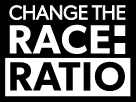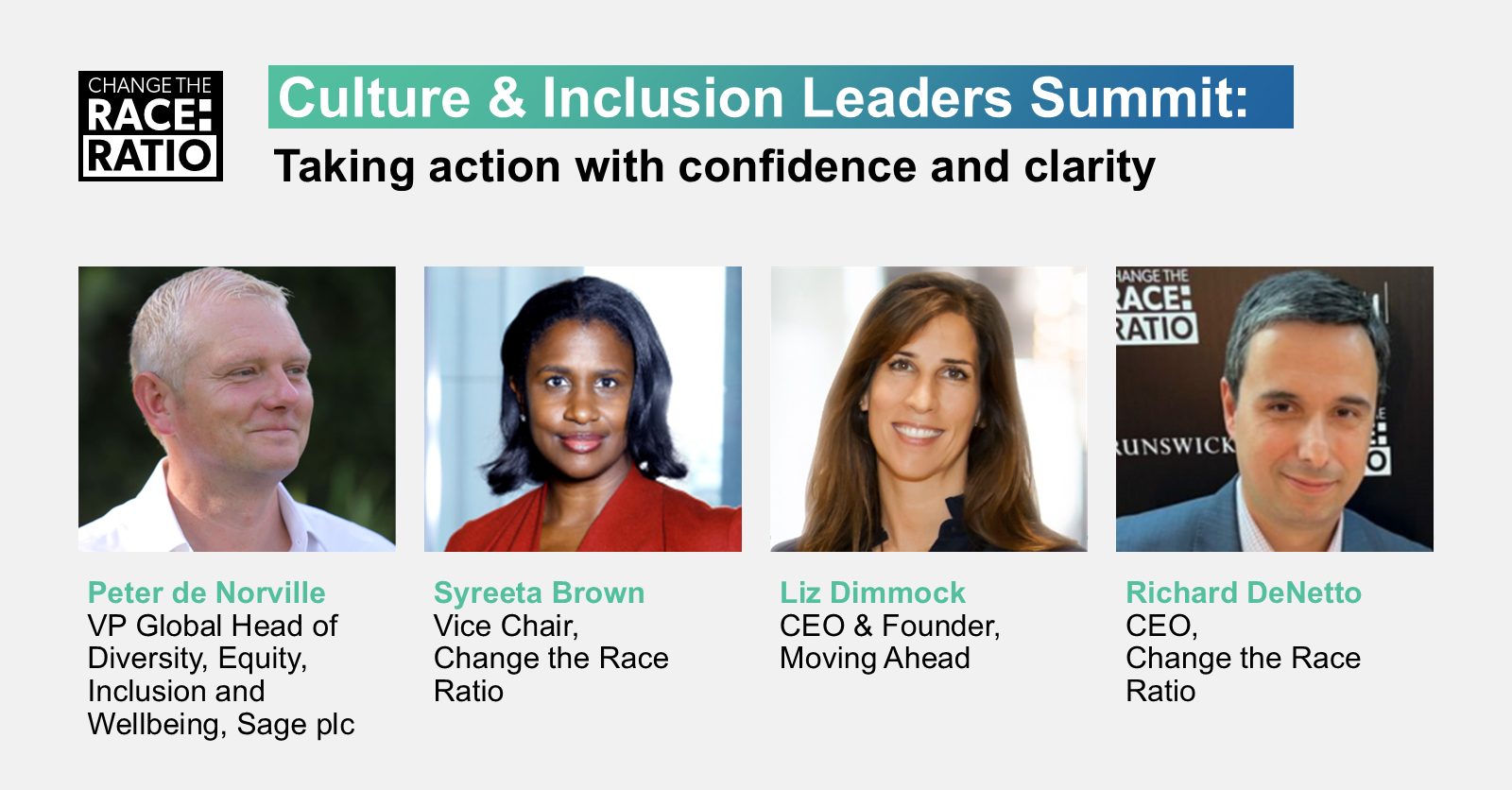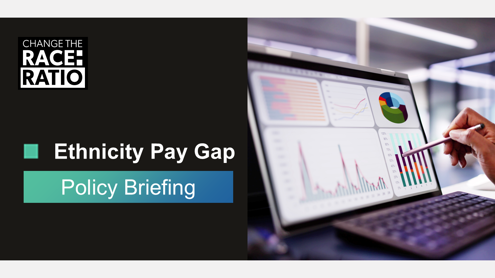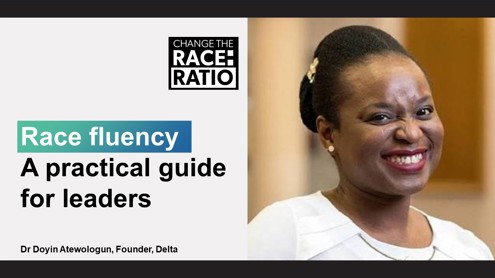At the recent Change the Race Ratio Culture & Inclusion Leaders Summit, a panel brought clarity to one of the most pressing questions facing business leaders today: how do we sustain momentum on equity, diversity and inclusion (EDI) amid growing resistance and shifting global contexts?
The panel featured Syreeta Brown, Vice-Chair of Change the Race Ratio; Peter de Norville, Global Head of Diversity, Equity and Inclusion at Sage; Liz Dimmock, Founder and CEO of Moving Ahead; and was moderated by Richard DeNetto, CEO of Change the Race Ratio.
EDI is no longer a separate initiative
The consensus across the panel was clear. EDI is no longer a separate initiative or standalone programme. It must now be embedded into the core of how a business operates. Liz Dimmock described this shift as EDI “growing up.” She acknowledged that, while some firms are rolling back formal EDI initiatives, leading organisations are evolving their approach rather than retreating. Businesses are starting to understand that inclusion cannot be delivered through isolated programmes or one-off initiatives. It requires integration into how decisions are made, how people are developed and how strategy is delivered.
Syreeta Brown built on this – in her view, inclusion is not something to be justified externally, it is an integral part of delivering any business strategy. She emphasised that it must be built into the very architecture of people management, leadership and governance. Collective ownership of the agenda is essential, and it must start at the board level. She noted that in many cases, boards understand what needs to be done but lack the practical tools and guidance to take action. That’s where HR and EDI expertise need to step in.
Peter de Norville made the point that business leaders don’t need to be experts in EDI, but they do need to surround themselves with people who are. Doing so helps organisations identify problems sooner, build better environments and deliver stronger outcomes for customers. His advice was practical: anchor the language in fairness. For some, the terms “DEI” or “inclusion” have become loaded or misunderstood. But fairness is widely understood and resonates across all levels of an organisation.
Strong data strategy allows for difficult conversations
Data was raised as a key enabler of progress. Syreeta explained that a strong data strategy allows for difficult conversations to take place in a dispassionate way. Without data, decisions can become personal or emotive. With data, businesses can start to measure progress, understand gaps and move beyond intention to impact. That said, multiple delegates raised concerns about data quality, particularly in multinational companies. The panel made clear that while the data may not be perfect, inaction due to incomplete data is not an option. Leaders must work with what they have and continue to improve.
A sponsorship relationship requires trust, connection and credibility on both sides
The conversation also addressed talent development. Mentorship, while valuable, is not sufficient. Sponsorship, the notion of having someone who actively and publicly advocates for you when you are not in the room, is where change happens. Both Syreeta and Peter were clear that sponsorship must be deliberate. It’s not enough to pair people at random. Sponsors must have real influence and must be accountable for the outcomes. In Syreeta’s words, a sponsorship relationship requires trust, connection and credibility on both sides. It's a serious commitment.
Structural barriers that are still present for underrepresented talent
The panel also encouraged reflection on structural barriers that are still present for underrepresented talent. Being “the only one in the room” continues to be a common experience for Black professionals. Too often, this is treated as an individual challenge rather than a systemic one.
The panel closed with a recognition that this work isn’t easy. Inclusion is complex. It’s political. It’s emotional. But it is also urgent, and it is achievable when owned at the highest levels and treated as part of doing business. As Syreeta noted, real change requires investment, not just in programmes but in capability building. Developing inclusive cultures takes time, focus and deliberate effort. But if organisations want to thrive in the future, they must continue to evolve because EDI is not going away, it’s growing into the fabric of how modern businesses operate.








